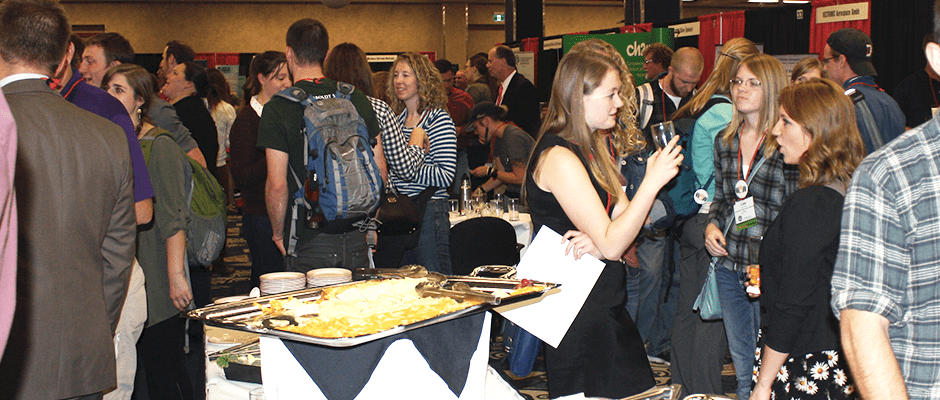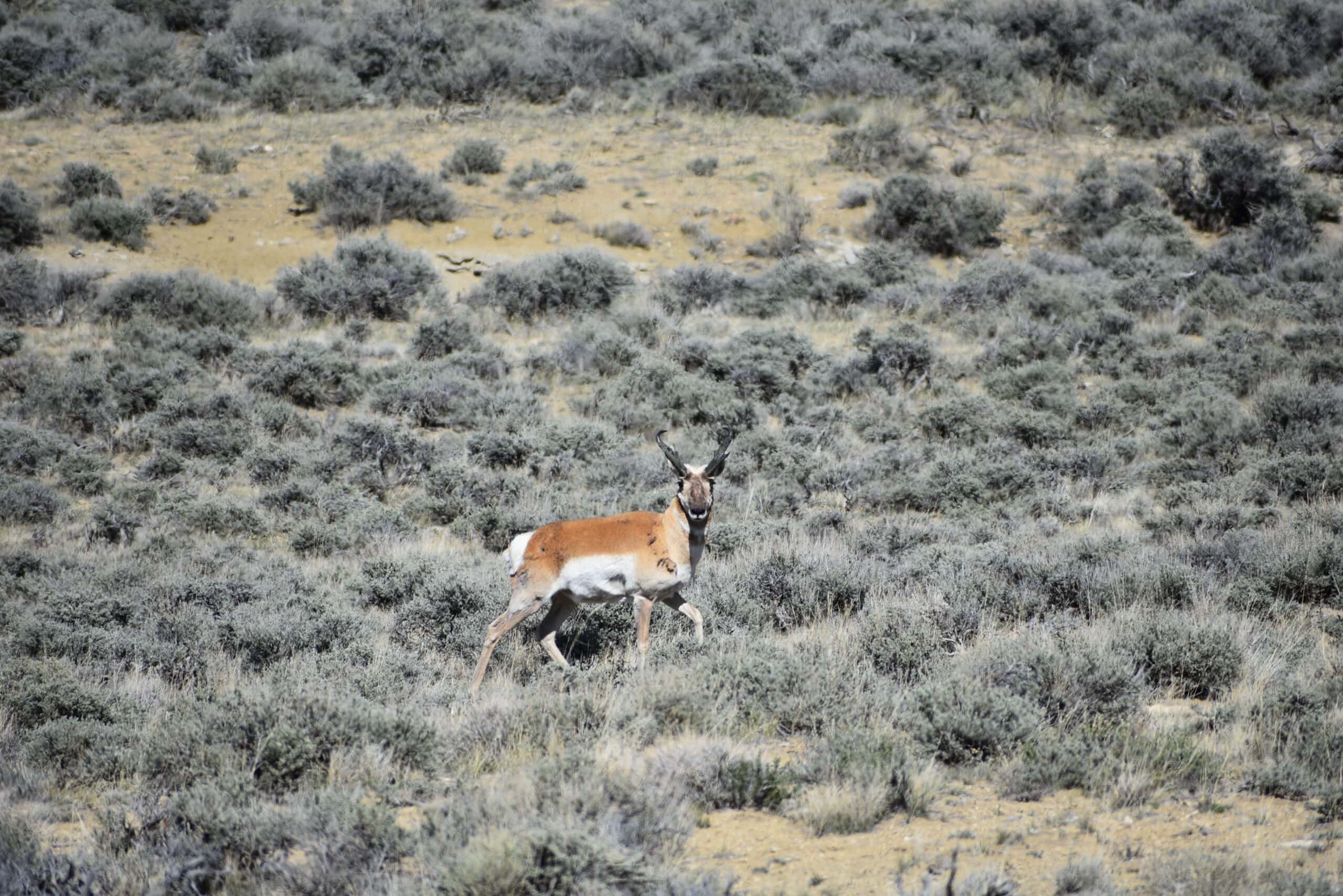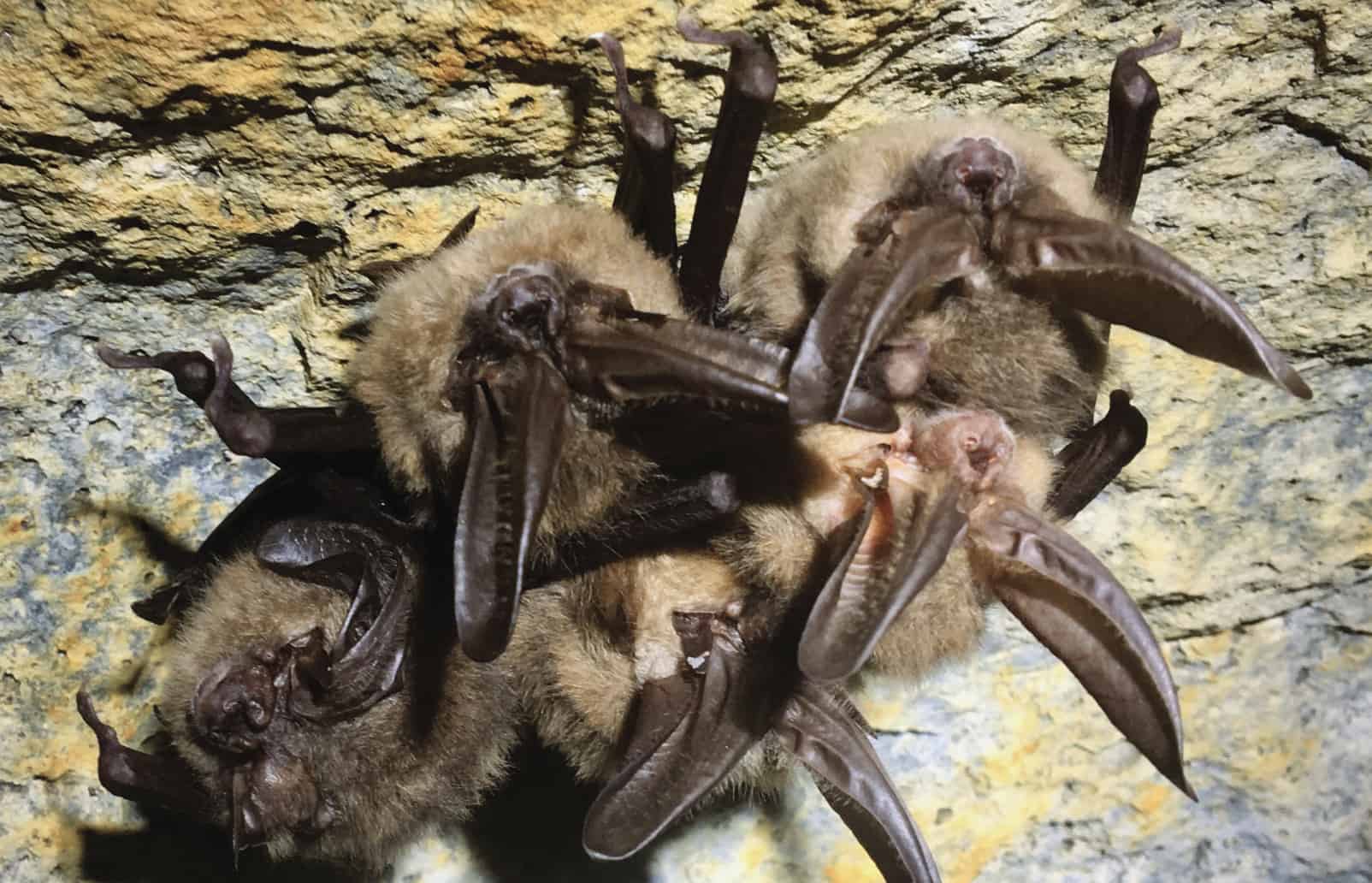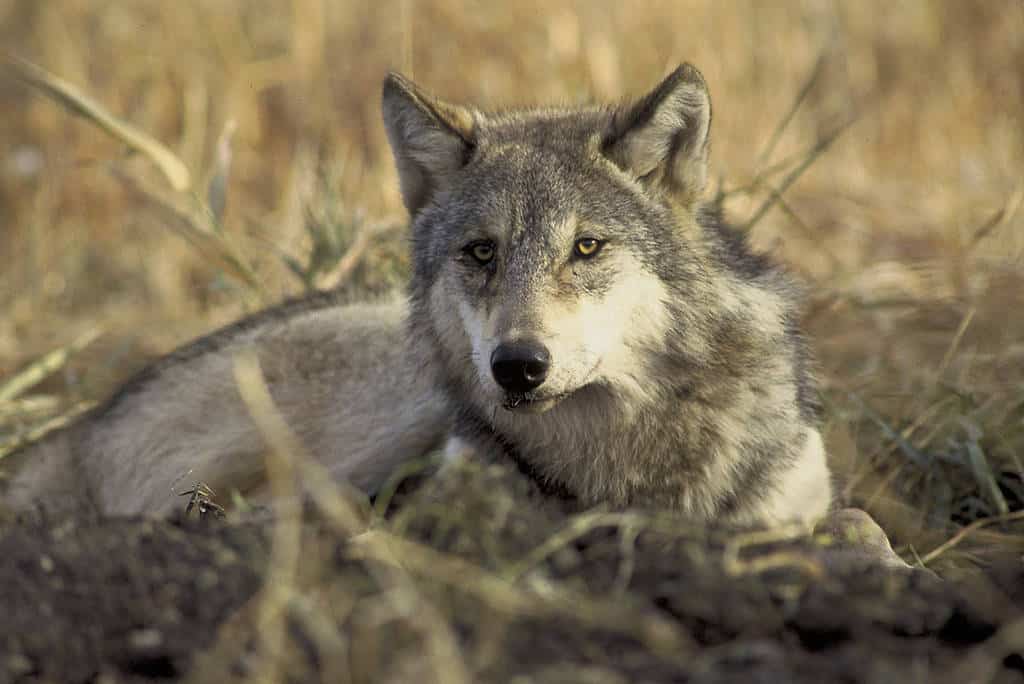Share this article
Q&A with Humboldt State career adviser
Kristina Hunt, a career adviser for the College of Natural Resources and Sciences at Humboldt State University, offers her knowledge and advice for aspiring wildlife biologists.
Wildlife biology career paths include: wildlife conservation, which can consist of working with state and federal wildlife agencies, zoos, aquariums, nongovernmental organizations and more; law enforcement, which can include working with the U.S. Fish and Wildlife Service, the National Park Service, the U.S. Forest Service, the Bureau of Land Management and the U.S. Department of Justice; education, involving teaching in colleges or universities, museums, zoos or nature centers and parks; or aquaculture, which includes hatchery operations, management, research and more.
The Wildlife Society recently caught up with Hunt to learn more about wildlife career opportunities.
Q: What types of wildlife jobs are there in federal and state agencies for students just starting out?
A: For students, it’s wise to try to get an internship at the state and federal level to increase hiring chances after graduation. After graduation, it’s really common to work seasonal positions while working your way into full-time government positions.
USA Jobs has a Pathways option that is set up specifically for current students and recent graduates to develop experience in their chosen fields, which includes all federal positions. A comprehensive list of Federal Agencies can be found at https://www.usa.gov/federal-agencies/a.
At the state level, each state has several different types of opportunities available, and you would want to research the particular state you are interested in. For example, California programs include California State Parks, California State University, California Department of Fish and Wildlife, California Coastal Commission, etc.
Q: How can a wildlife biology student or recent graduate get involved in consulting?
A: A consulting job consists of guiding others on best practices. Consultants’ tasks might include conducting vegetation and wildlife habitat surveys, field data summaries, coordinating with state and federal regulators and more.
If you are looking to get involved in consulting, the best way is to find an entry-level position or internship. These can start while you are still attending school to help build your resume. As a student, any way that you might be able to gain experience in consulting would have a high impact on being hired with a consulting firm after graduation. You can start first by researching consulting firms in your area. Once you have found a couple that interest you, reach out for an informational interview and start to network. If you reach out to consultant companies, you may find that some already hire interns. Of course, a career adviser at your university may be aware of the local consulting businesses that would offer internships, so reaching out to that person is a very smart option as well.
By developing a personal relationship, it will be more likely that you will know when an internship is available. Networking is extremely important because a very small percentage of openings are actually published in print; most are filled by individuals who have made themselves available to employers. Because many may not have internships already established, a student would get the best start by conducting an informational interview. This starts the networking process and if a student is well received, the company may develop a paid internship for them. In any case, an unpaid internship or volunteer work is often well received and once a relationship is established, these are great ways to gain experience.
Finally, if you aren’t able to gain experience directly with a consultant business, remember that any experience in the field helps. An opportunity within the wildlife field will develop your skills and make you more marketable to companies in the future, increasing your chances of being hired. You might consider a Research Experience for Undergraduates (REU) through the National Science Foundation to build your experience over the summer.
In addition, some classes at universities offer assignments that are similar tasks to what you would do in consulting, even if they may be slightly outside your specific major. For example grant writing courses or courses that include environmental impact reports may not fall in wildlife but would be very valuable.
You may look for positions in other private or nonprofit organizations that hire wildlife graduates. Examples would be timber companies, private reserves, even local power companies might offer opportunities.
Q: Do you have any other advice for students considering a wildlife biology career?
A: Be involved. The more involvement on campus, in clubs, in the community, with internships and with wildlife organizations you have, the more developed your network becomes. Not only will you learn a lot about the opportunities out there, you will learn what you like to do and what you don’t like to do. Experience drives self-learning and will broaden your knowledge in your chosen field. Along the way, you will meet people that inspire you and support you. These people will be your network, which is incredibly important in finding and landing your dream job.
Header Image: Students network with professionals during a mixer at last year’s TWS conference in Winnipeg.








